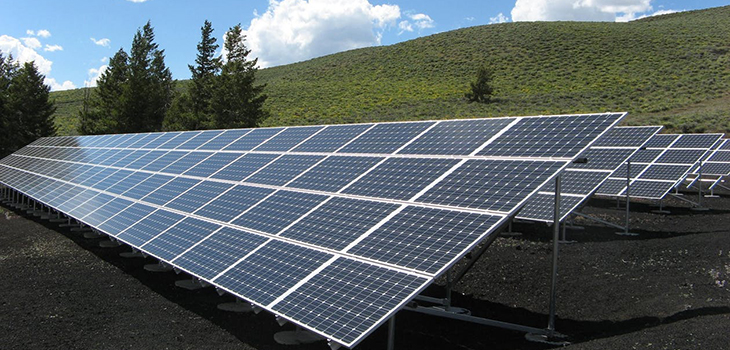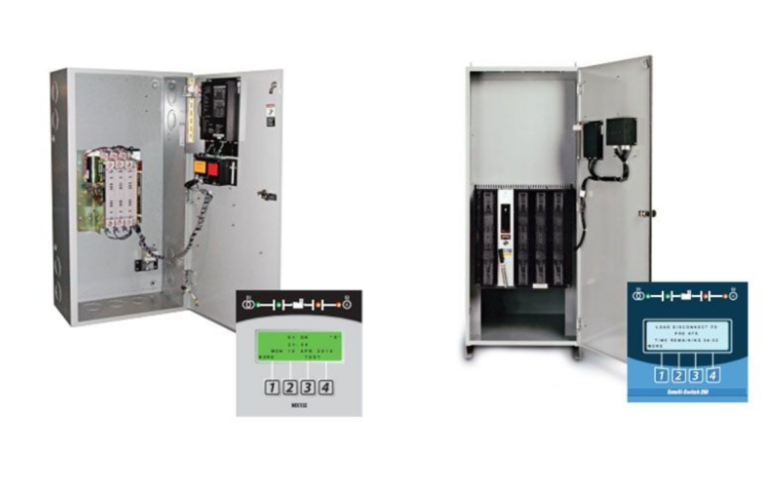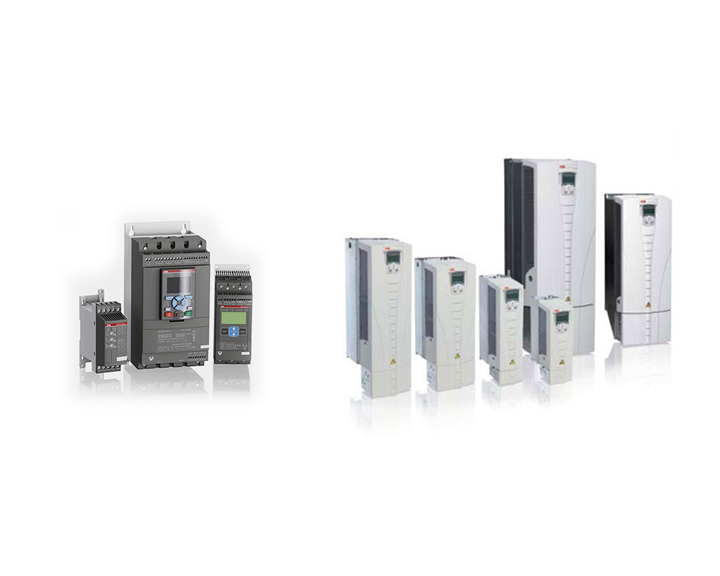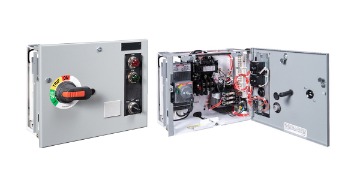How Long Do Solar Panels Last?
Solar panels are becoming an increasingly popular alternative to traditional forms of fossil fuels. However, like the very thing they’re replacing, solar panels don’t last forever. While the industry standard gives a strong indicator of how long solar panels last, several factors play a role in the overall lifetime of a solar panel.
This article reviews solar panels and their lifespan to help create a clear, educated picture of the longevity of this alternative energy. So, continue reading to learn more! While Bay Power does not sell solar panels solar power systems, we do offer solar ready electrical panel solutions to help run your solar power system.
How Long Do Solar Panels Last?
Solar panels typically last for 25 to 30 years, although the entire lifespan may fluctuate based on a few factors, including maintenance. While they can last longer than 25 years, their electricity production will decline substantially.
They usually don’t cease to produce electricity after their expected lifespan, but manufacturers consider the reduction in production significant. If external factors don’t damage them, they’ll continue to produce for many decades.
Since they don’t have any moving parts, it’s rare for them to break from within. Damage usually happens at the hands of outside forces, including inclement weather or a poor racking setup.
Most quality solar panels come with a 25-year manufacturer’s warranty, which covers most of the system’s lifespan. In addition, many reputable solar providers offer strong warranties backing workmanship on installations, which can help cover costs in the event of an issue associated with incorrect installation.
What Degrades the Lifespan of Solar Panels?
Numerous factors contribute to solar panels' decreased productivity over time. Some factors increase the lifespan, while others considerably reduce its expected range. A few of these factors include:
- Maintenance: Like most things, solar panels hold up better with routine maintenance. The panels are more likely to rapidly degrade if they constantly are dirty, covered in debris, or don’t receive regular maintenance.
- Climate: Your solar panels may deteriorate more or less rapidly depending on where you live. Extreme weather, like sub-freezing temperatures, snow, heavy rains, or hail, can cause the panels to degrade faster.
- Installation: The method your solar installer uses to install your solar panels, as well as the racking system they rest on, can negatively or positively affect their degradation rate.
- Quality: The overall quality of the panels you purchase will significantly affect how long they last. High-quality panels generally last longer (but are more expensive), while low-quality panels degrade quicker (but are more affordable).
How Efficient Are Solar Panels?
The efficiency of a solar panel directly relates to its energy production capabilities. The more efficient it is, the more electricity it can produce per amount of sunlight hitting the cell. This translates to less surface area necessary to accommodate your energy requirements.
For the most part, solar panels today range in efficiency between 15 and 20 percent. The percentage represents the amount being converted into usable electricity. Although the number seems strikingly low, new advancements in solar energy technology happen every day. And most modern panels can meet and exceed the energy requirements of most commercial and residential scenarios.
Researchers and scientists are working to improve the overall efficiency of photovoltaic (PV) technology (the technology behind solar panels). Scientists managed to create an efficiency record of 40 percent by using multi-junction cells, which work with fine-tuning to capture varying light frequencies on the electromagnetic spectrum. These are the most efficient solar panels that exist today but aren’t yet available to the general public (they are not economically viable and aren’t producible on a large scale yet).
Solar panels are available in low and high efficiencies today. Lower efficiency panels tend to be more affordable, while highly efficient panels tend to be pricier. High-efficiency panels are a common choice among homeowners working with limited installation space. The higher the efficiency, the fewer panels are needed to meet the homeowner’s energy consumption requirements.
Factors That Affect Solar Panel Efficiency
Various factors may affect the efficiency of your solar panels. While some elements are external and have to do with things outside of the system itself, others are specific to the system’s internal workings.
A couple of the internal factors that may affect your panels include:
- Age of your solar panels
- Type of solar panels
- Material composition of the solar panel (monocrystalline silicon, polycrystalline silicon, multi-junction solar cells)
These three factors can contribute to the efficiency of your solar panels but are strictly limited to internal factors. Unassociated factors that may affect the efficiency of your solar panels include:
- Solar plans
- Solar energy system design
- Upgrades around your home
- Average sun exposure
In addition, your commitment to your solar panel system’s efficiency may also play a role in increased or decreased efficiency. Factors that you can control include:
- Keeping your solar panels clean
- Performing routine maintenance
How To Maintain Solar Panels That Last Long
Doing regular, proper maintenance is the best way to extend the life of your solar panel system. Maintaining them isn't difficult; you mostly just have to keep them clean to extend their lifespan.
After storms or extended periods without rainfall, dirt and debris may accumulate on your solar panels. Depending on how much debris piles up, it can affect the production of your solar panels. Cleaning them occasionally can help eliminate unwanted dirt and debris, ensuring your panels receive optimal sunlight.
In addition, you should complete an annual inspection. It’s usually best to have a professional, like your solar installer, handle this. The solar professional will ensure everything is working correctly and make you aware of anything that needs addressing.
As maintenance issues arise, schedule an appointment with your solar provider. You may notice a problem with the panels or that they aren’t producing as much energy as they should or usually do.
To promote the lifespan of your solar panels, hire a professional to handle an inspection at least annually. Clean your solar panels once or twice per year, depending on how rainy or dusty your area is. If additional maintenance is necessary to correct an issue, schedule appointments as conflicts arise.
Advantages and Disadvantages of Solar Energy
Solar energy, like most things, has its fair share of ups and downs. It’s becoming a popular alternative to fossil fuels to combat the threat of climate change due to CO2 emissions.
Many homeowners seek a clean form of energy to replace traditional fossil fuels. For thousands of homeowners, solar energy seems like the perfect solution. However, as with any other type of energy, there are a few solar power advantages and disadvantages to keep in mind.
A few of the primary advantages of solar energy include:
- Sustainable source of energy, an excellent alternative to fossil fuels
- Minimal environmental impact
- Promotes and enables energy independence
Although solar energy offers several benefits over traditional fossil fuels, it's not a perfect alternative energy. So, a few disadvantages of solar energy include:
- Intermittency due to nighttime hours and overcast days
- May utilize significant amounts of land for solar energy production
- Certain solar technologies require materials that are hard to come by
- Electronics contain hazardous materials that are difficult to dispose of
Many homeowners don’t think about the downsides, which is critical in determining whether solar panels are suitable for your home.
Conclusion
Solar panels are an appealing alternative to fossil fuels for countless individuals in residential, commercial, agricultural, governmental, and municipal settings.
To promote the lifespan of solar panels, homeowners need to stay on top of care and maintenance. However, while solar panels can last several decades, they don’t last forever, usually around 25 years, even with excellent maintenance. While they are a solid contender to fossil fuels, solar energy has some downfalls.
Although the efficiency levels for modern solar panels seem relatively low, the future of solar technology looks promising. With new advancements in the industry, solar panels will improve, creating a better, clearer, and more sustainable tomorrow.




